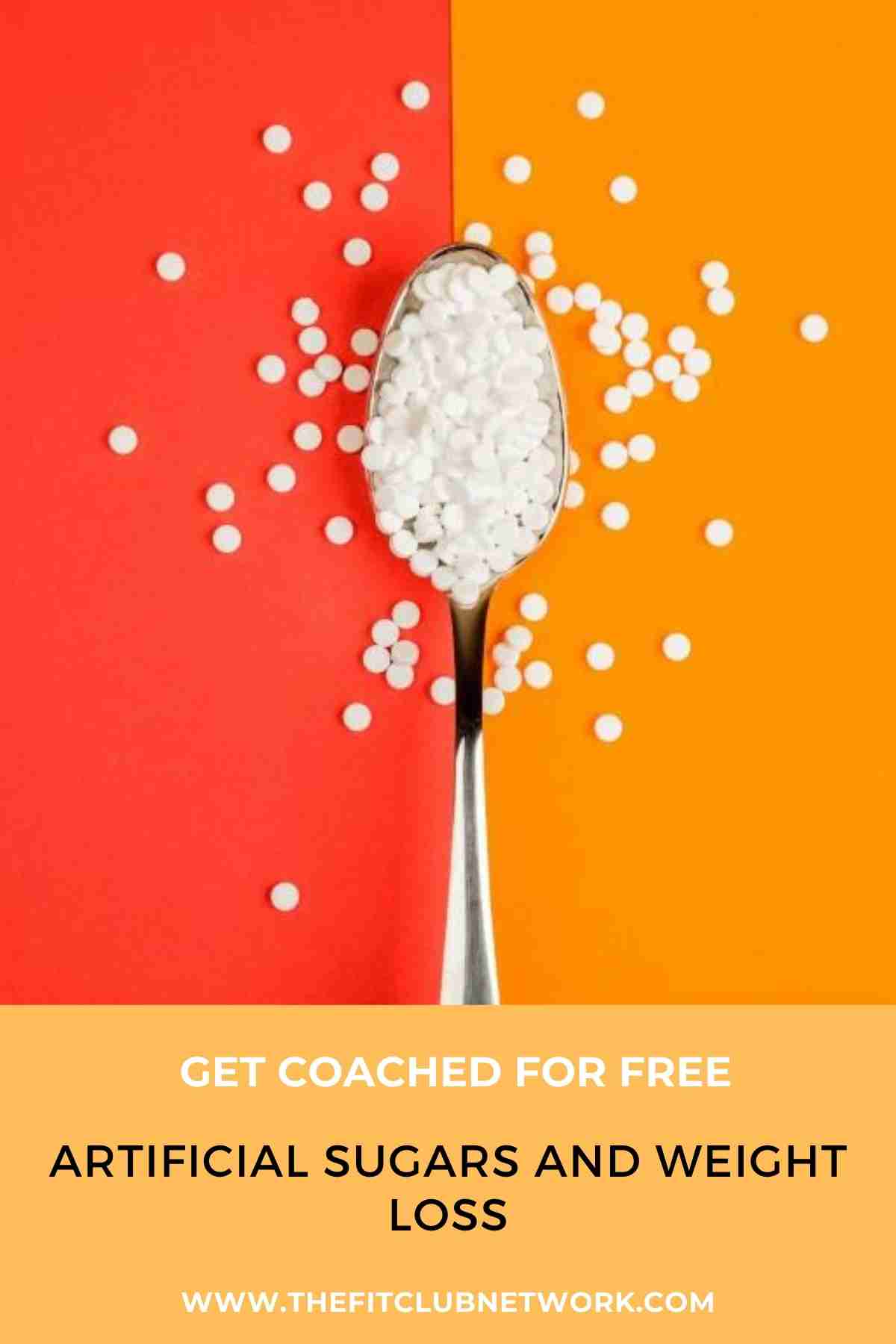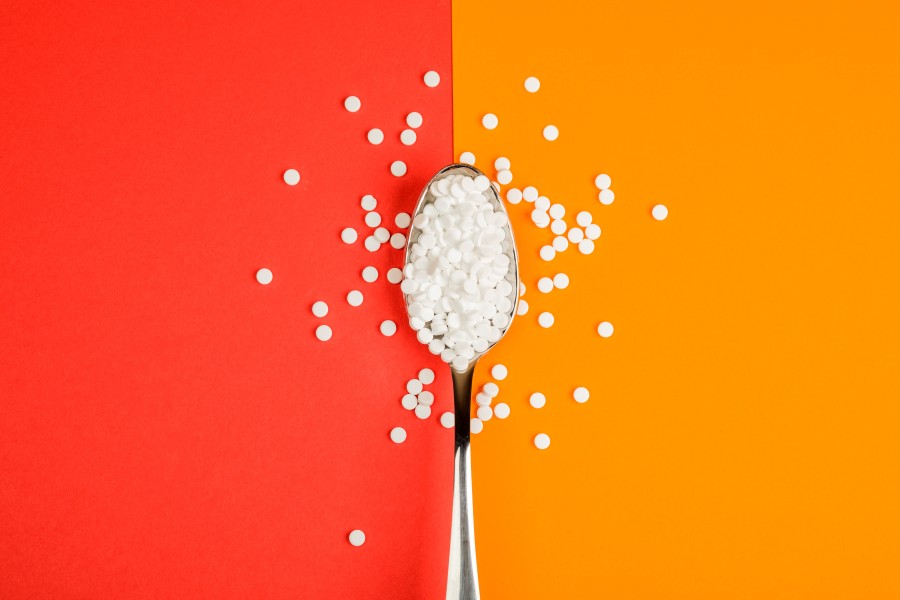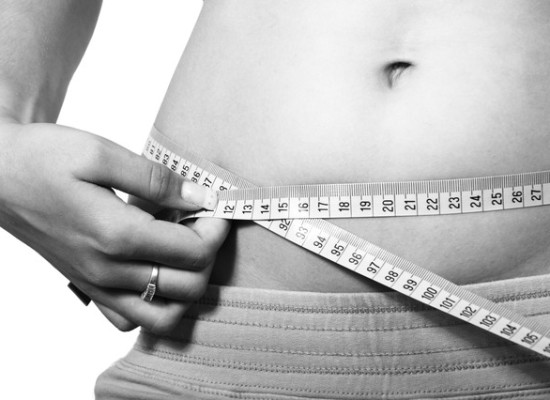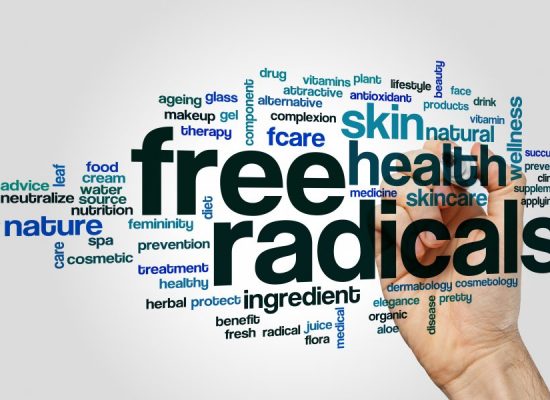
Artificial Sugars and Weight Loss
Many of us who are on calorie watch opt for artificial sweeteners instead of sugar, so we don’t have to give up sweetness during our quest to lose (or maintain) weight. In fact, it’s estimated that more than a quarter of adults use fake sugar and the numbers of kids using them is significantly increasing. Yes, they can definitely help us create a daily calorie deficit, but do artificial sugars and weight loss really go together?
Let’s find out, shall we?
What are artificial sweeteners/sugars?
Artificial sweeteners are sugar substitutes that are found in many foods and beverages, like sodas, gums, juices, ice cream, jams and yogurt, and are marketed as “diet” or “sugar free.” Some people also use them in cooking.
Artificial sugars are typically about 200-600 times sweeter in sugar. They are much lower in calories, some containing none and others a negligible amount. Unlike sugar, which is a carbohydrate, fake sugars are typically not and are broken down differently in our bodies.
It’s definitely confusing because some artificial sugars are truly synthetic, while others are actually derived from natural sources then processed or refined. For example, saccharin is totally synthetic, sucralose comes from sugar, and stevia is plant-based.
The most popular brands are:
- Saccharin: Sweet & Low, SugarTwin
- Aspartame: NutraSweet
- Sucralose: Splenda
- Acesulfame Potassium: Sweet One, Sunett
- Stevia: Truvia, PureVia, Enliten
Are sweeteners healthier than sugar?
The discussion about the side effects of artificial sugars has been going on for a long time, but was renewed when stevia came on the market. FDA-approved sweeteners are generally considered safe in moderation. They have not been definitively linked to cancer or other serious health issues when used in moderation, but may cause kidney related side effects when too much is consumed.
Artificial sugars are considered to have three main health benefits:
- Help with weight loss. While each gram/teaspoon of sugar contains about four calories, artificial sugars have no, or virtually no, calories.
- Better for diabetics. Unlike real sugar, artificial sugars don’t raise blood sugar levels.
- Don’t cause tooth decay. Artificial sugars don’t contribute to cavities.
Artificial sugars and weight loss
The relationship between artificial sugars and weight loss is still up for debate. The consensus seems to be that it depends how they are used.
If you are currently eating lots of foods with a high sugar content, opting for foods sweetened with artificial sugars can be a great first step to cutting calories and losing weight. BUT, it’s best to treat this as a temporary, or transitional, practice.
When it comes to artificial sugars and weight loss, it’s important to know that “sugar-free” does NOT mean “calorie-free.” If you eat too many “sugar-free” foods, you can still gain weight—especially if these food are processed and don’t offer the same health benefits as whole foods, like fruits and vegetables. It’s always better to eat real, single ingredient foods.
It’s also best to strive to avoid as much artificial AND sweet foods as possible. You’ll understand more about why this is so important after you read our blog on diet soda—How Diet Soda Makes You Fat.
The optimum goal is to be mindful while we eat and about everything we eat. Eating slowly, making as many healthy real food choices as possible, and being aware of the real cause of cravings should be our main focus.
Which artificial sugar is best?
When it comes to the topic of artificial sugars and weight loss, we clearly have several choices. We choose stevia.
Why stevia? First, stevia is a natural plant-based sugar substitute that has been used for hundreds of years. It has zero calories and is about 200 times sweeter than sugar so you don’t have to use much.
Second, highly refined stevia is not required to have FDA approval because it is natural. Instead, it is considered to be “generally recognized as safe” and no major adverse reactions have been documented. Based on the scientific data out there, you can be confident that stevia is safe to consume in moderation and is an ideal alternative to sugar.
Third, after an extensive amount of independent research, Beachbody chose stevia as the sweetener used in Shakeology and their Performance Line supplements. After over a decade working with Beachbody, we have the utmost of confidence in their choices, all of which are made by high level scientific consultants and with the health of their customers at heart.
We’re here to help
Helping our customers make healthy nutritional (and fitness) choices by passing along healthy eating tips is one of the services we offer as part of our FREE coaching program. I would love to help you as well—and have you a part of my private Fix Family accountability group on Facebook. Click below to learn more and sign up today:





